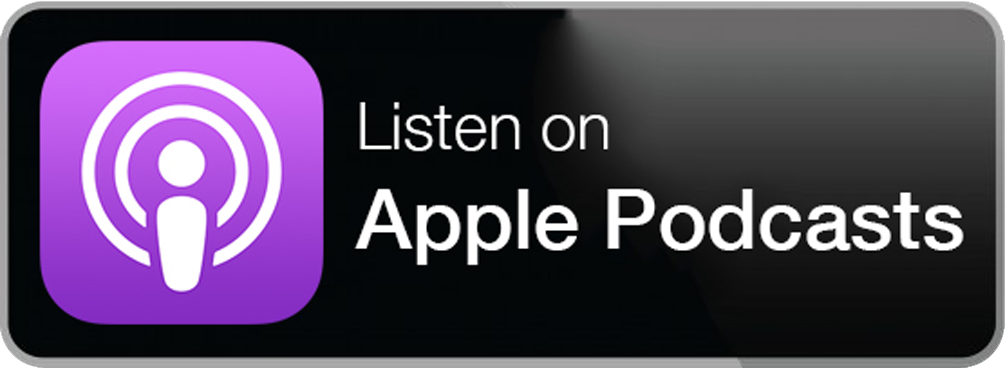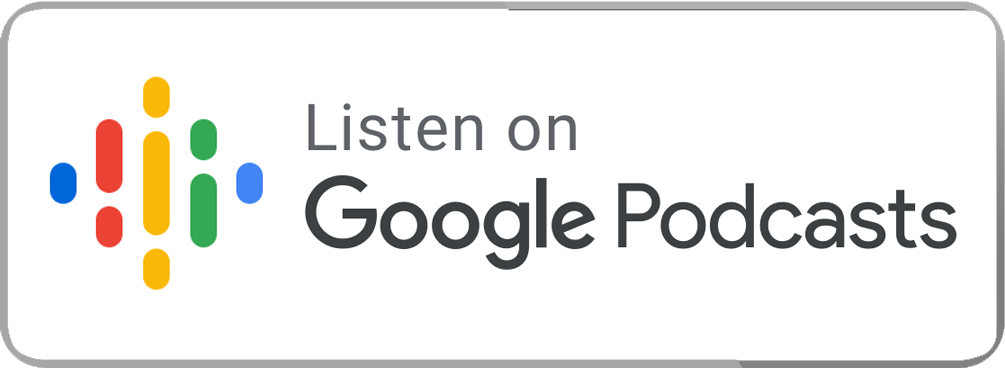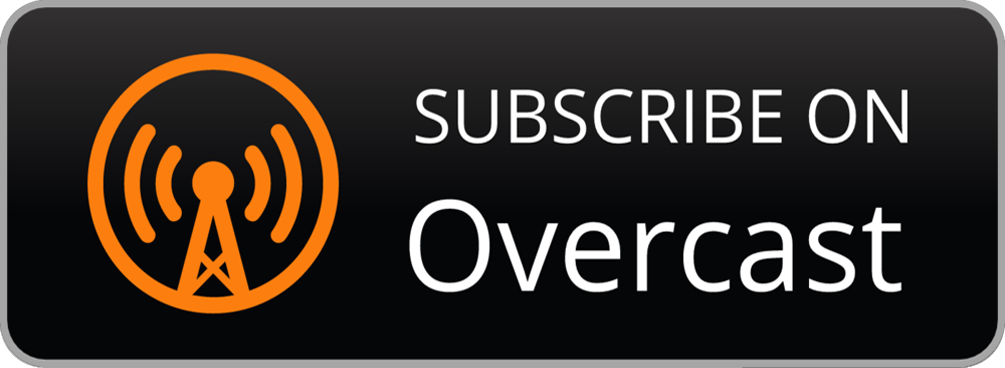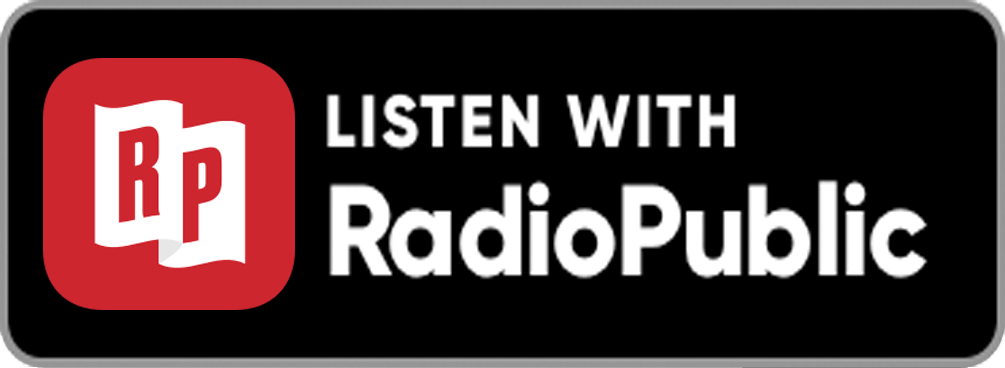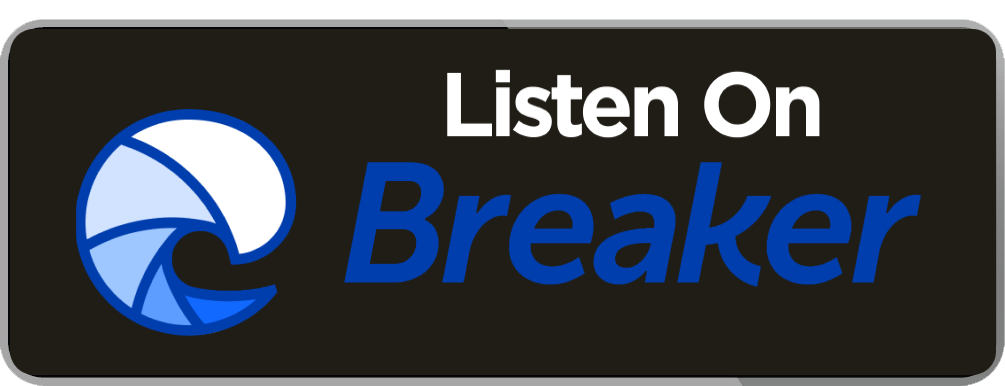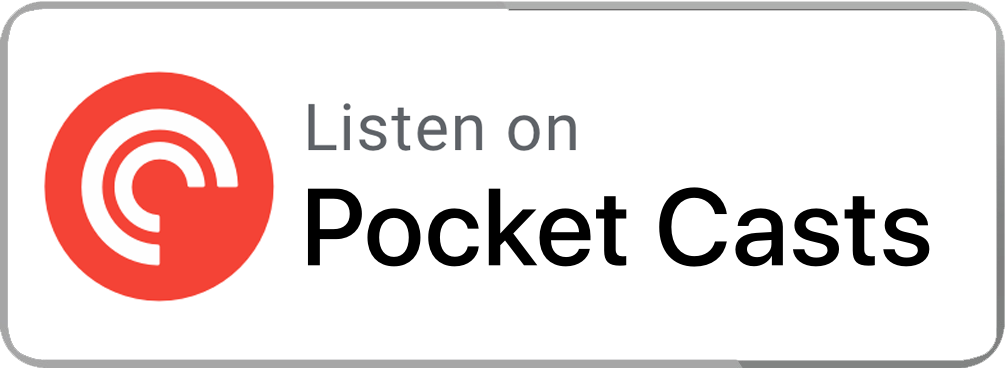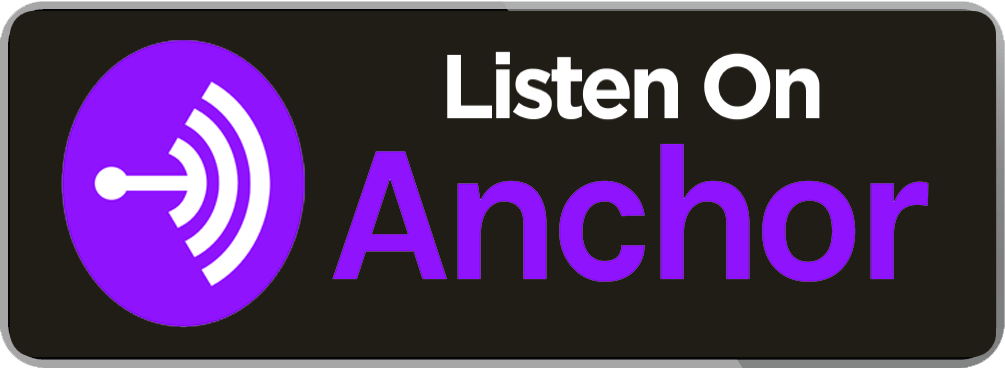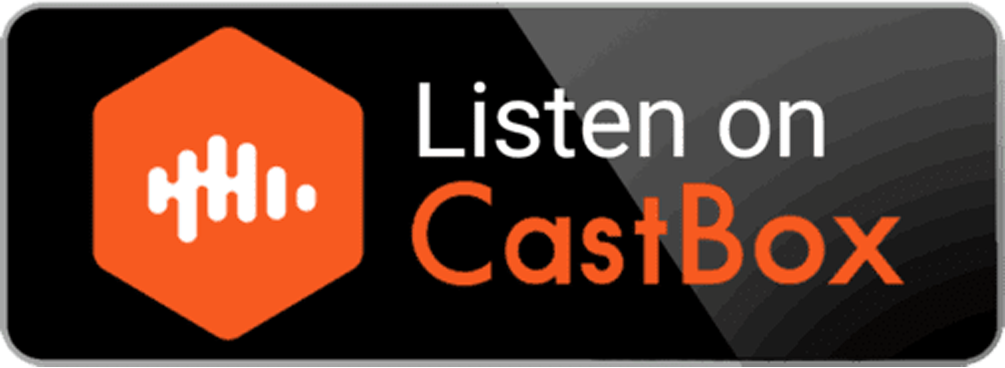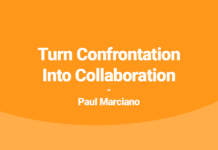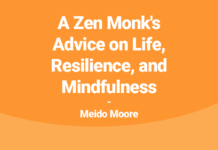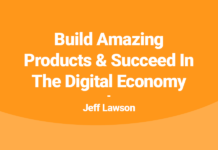Matt Rizzetta is the founder and CEO of N6A, a fast-growing marketing agency that has won numerous awards for their workplace culture.
Audio Player
- https://www.n6a.com/ – Website
- @North6thAgency – Twitter
- @north6thagency – Instagram
- @North6thAgency – Facebook
- https://www.linkedin.com/company/north-6th-agency/ – LinkedIn
Transcript:
What's the best way to recognize your employees? You can throw parties and give them as much pizza as they can eat, but that doesn't necessarily mean your employees will give you discretionary effort. Employee satisfaction isn't the same thing as employee engagement.
Matt Rizzetta is the president and CEO of North 6th Agency, a brand communications and social media agency with offices in New York, Toronto, and Colorado. Usually, they're just known as N6A. He started the company when he was just 26 years old out of the basement of his house. Today, the company has been ranked as the fastest growing agency in the United States in its revenue category. They've been named a finalist for Digiday's Most Innovative Culture Award. They've been a winner of PRWeek's Best Place to Work and Entrepreneur magazine's Top Company Culture.
I recently interviewed Rizzetta for the LEADx Leadership Show, where we talked about the right and wrong way to do employee recognition and bonus programs, and why his company's six taglines are better than your company's values. (The interview below has been lightly edited for space and clarity.)
Kevin Kruse: Tell us a time when you failed at something, and what did you learn from it?
Matt Rizzetta: Generally speaking, my biggest mistakes have come from people-related decisions, people I hired, people I didn't hire, people I fired, people I didn't fire, and the way I handled each of those.
A people mistake will set you back anywhere from 6 to 12 months, and if you make one bad decision on one person, it could create issues with other people in your organization, and the accumulative effect of that can kill you.
So even though it's not one specific moment, the biggest regrets that I have in my career are generally ones that revolved around people decisions. Also, waiting too long to make decisions have resulted in pretty big mistakes, and my not trusting my gut when I should have trusted it, not facing problems head on. As you know, bad news needs to travel really fast sometimes, which is hard to do, but bad news doesn't age well. The more you let bad news age, the bigger the problem becomes.
The good thing is that every loss is a learning lesson. Not that I'm perfect and not that our company is perfect, by any means, but the error rate goes down dramatically as you learn. Things that you didn't pick up on the first time around when it comes to a people decision, maybe the second time around you get a little bit better. The third time around, you get a little bit better. Then rinse and repeat that for, in our case, 9 or 10 years, and the error rate drops dramatically. We don't get every people decision right, but we're a lot better than we were back in the day.
Kruse: Now, you have so many cool programs at N6A, workplace culture programs, employee programs. If I were to visit you in your New York City office, what do I see when I walk in?
Rizzetta: You come off the elevator here at N6A in our New York headquarters, and there's a lot of energy. You'll always hear music playing. There's a stage area that you see. Usually, people are working on the stage. We have a bunch of lounges with couches and open café tables where people just hang out, grab a bite to eat, sit down, get some work done. We really try to promote a very open, collaborative work environment, and that's really what you see.
The employees here at N6A really love the open environment. In fact, at one point we tried to put partitions between everyone's pods, and there was almost a revolt. People were like, “No. We don't want it. We want to be able to look across and see our teammate across from us.” They really embrace that. It's a part of our culture. We're just very open, transparent, collaborative, and it is who we are.
Kruse: You have what you call company taglines. For example, one of them is “Embrace the pace.” What do you mean by taglines?
Rizzetta: Our taglines, Kevin, essentially are N6A's operating principles and our values, what matters to us. A lot of them, are really lessons that we've learned through the years, and they've taken on a whole value system in itself and have become really emblematic of what our corporate culture stands for.
A lot of companies will just look at their operating principles and will just kind of pick them off the shelf, courtesy, professionalism, but our taglines, our operating principles, are real-world examples, real-life examples that we learned from, that built us into the company we are today.
“Embrace the pace,” you mentioned. That's the one that we're probably the most well known for. We just work in a super fast environment in a really competitive city, and we get after it fast. For clients, for employees, we like to work fast. A lot of times, that pace or that speed can be intimidating. We don't like to view it as intimidating. We really like to embrace it. We embrace the pace. So that's where that one comes from. There are five others that all have little stories and vignettes behind them with lessons learned.
Kruse: I see that you've also got a lot of great attention from your employee recognition program that you call Pace Points. Tell me about that.
Rizzetta: We've always had a really cool, innovative culture, Kevin. We've always experimented to try to give back to our employees. Going back years and years, we've always worked within our resources to try to come up with cool perks and programs. We've done competitions where we've sent our top producers to trips all over the world, places like Bali and the Amalfi Coast and Paris and Sundance Film Festival.
We've done all kinds of really cool stuff, and after about seven or eight years of doing that … Each year we would up our game and our perks would get a little bit better, a little bit more expensive, a little more luxurious. After about eight years of doing it, we had learned a lot, and as a management team we got together and said, “Well, wouldn't it be cool if we actually figured out a rewards, a perks program where instead of us telling employees what they're going to get, the employee tells us what they're going to get based on what they want and what motivates them and what incentivizes them?
In today's workforce, that could mean a number of things. It could mean cash. It could mean travel. It could mean quality of life, PTO days, experiences. So the impetus behind Pace Points was let's figure out a way to create a rewards system where if and when our employees earn certain achievements, it's merit based. They get points, and then they can cash those points out for the rewards that matter the most to them.
Our employees can cash out their points for anything from a few hundred dollars in cash or equivalent perks all the way up to $50,000 worth of perks.
There are two redemption windows each year. What the employee can do is they choose. That's the whole beauty of Pace Points, is that it empowers the employee to cash their points for whatever they want, or they can keep their points forward for the next bank and just continue to accrue their points and work toward bigger and more valuable perks or cash options.
Kruse: Who's deciding who gets the points?
Rizzetta: The way Pace Points was modeled is points can be earned for three different types of achievements. One is individual achievements. If you're an employee, Kevin, and you do a great job on something, you would get pace points for that. The second category is team based. Everyone here at N6A works in teams. If your team gets an achievement, everybody on the team, yourself included, would earn pace points for that. And then the third is company based, so based on company achievements, company profitability, aggregate customer rankings, some discretionary company goals that we set as an organization.
Then there's also a bank of discretionary points that are handed down to managers. So if you're my manager, you get a bank of pace points, X amount of pace points every year, that you can just hand out to your subordinates at your discretion.
Kruse: I read about you've got a program called the N6 Getaway. Is that a travel program?
Rizzetta: That's one of our signature staple competitions, that we've had for years now. Our top performer on the junior staff for the first half of a year gets the N6 Getaway, which is usually an eight- or nine-day trip to a destination of their choice, full expense paid for: airfare, hotels, travel expenses, all that stuff.
We have a similar competition for the top performer for the second half of the year. That performer wins our Bucket List Competition, and they choose a Bucket List event of their choice. They get six or seven choices to choose from. Previous winners have gone to places like Sundance Film Festival.
Kruse: Often, I say that there's a danger to Employee of the Month/Quarter/Year program type things because the winner's circle is so small that, if you're the winner, sure, that feels great and it might help my engagement, but if you're not the winner, at best, it doesn't really engage you, but there's a danger that it could actually disengage you.
Rizzetta: I really think it's on the company to make sure there are enough chips on the table for everybody in the organization. We have 50 employees, and at the end of the year with those two competitions, there's going to be two people out of 50 who get the benefit of that. What happens to the other 48? I really think if you're putting 100% of your chips as a company into those two programs, you're right: you're doing a disservice to your employees. You're probably creating disengagement. It's all about checks and balances, and it's all about diversification of your benefits and your perks program.
The getaway and the Bucket List competition I mentioned are just two of dozens and dozens of things we do. So if you miss out on the getaway, guess what. There's a silver lining there because you still can get a lot of pace points. You can still cash those pace points out to take a sabbatical, to go on amazing trips to the Caribbean, to get a lot of cash, you name it. But I really think it's on the company to model it in a way where it's diversified so that you're not alienating people who aren't your number one and two performers.
Kruse: When it comes to N6A, what are you most excited about these days and in the year ahead?
Rizzetta: I love the process, Kevin, and I think we all do here. We feel like we're building a great company. It's been nine years, and it's been really exhilarating for me.
I can do what I love. I can build culture. I can really invest in my people and give them opportunities to continue to grow. That's what I'm most excited about in the future. I feel like even though we're a business that now is going on our 10th year, we're very much still in our infancy. We've really just recently put ourselves in a position to begin to execute on our vision, and I think we're just scratching the surface. That's what I'm most excited about, just going through that process and beginning to really do that at scale and touch as many people that come through N6A's doors as possible.
__
Take the time to hire the right people. Help those people to grow and reach their full potentials. Work with them to create a culture they can thrive in and bonus programs that will actually motivate them to give you that discretionary effort. And make sure you love what you're doing too.


